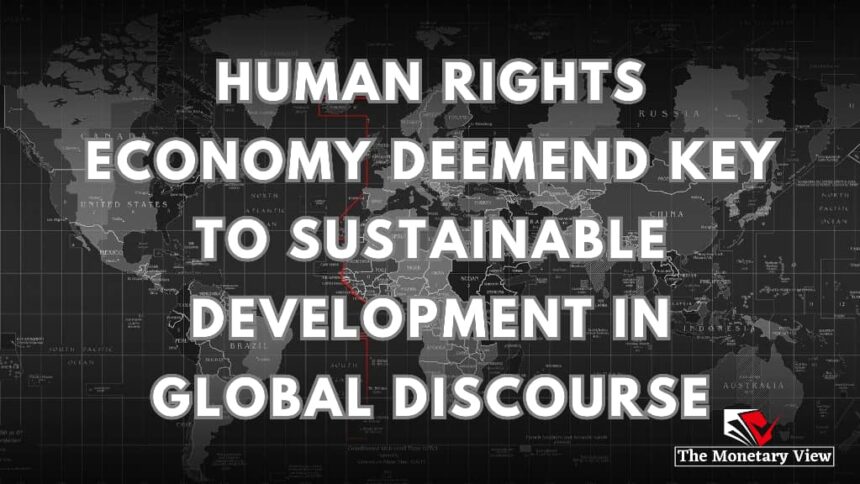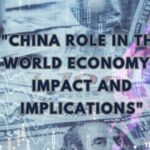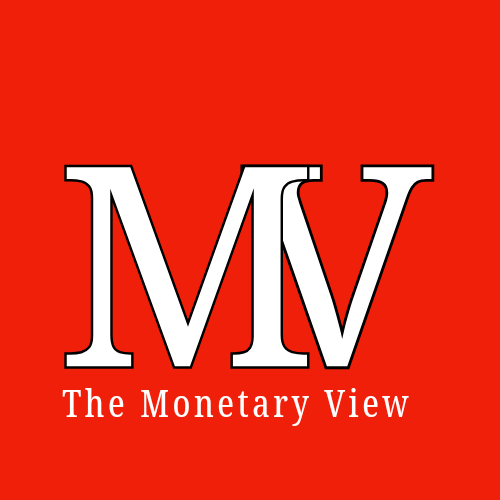In a paradigm-shifting perspective on global development, experts and leaders alike are increasingly asserting that a “Human Rights Economy” is the linchpin to achieving sustainable and inclusive progress. This emerging concept places human rights at the forefront of economic policies, contending that a thriving economy must be built on foundations of social justice, equality, and individual dignity.
Rethinking Development Priorities:
Traditionally, economic growth has often taken precedence over human rights considerations in policy-making. However, a growing consensus is challenging this paradigm, arguing that true and lasting development cannot be achieved without prioritizing the rights and well-being of individuals. Advocates of the Human Rights Economy model emphasize that economic policies must actively promote social equity, protect vulnerable populations, and ensure that the benefits of development are accessible to all.
The Nexus Between Human Rights and Sustainable Development:
Proponents argue that embracing a Human Rights Economy is not just a moral imperative but a strategic necessity. By prioritizing human rights, nations can build resilient and sustainable economies that foster social cohesion, reduce inequality, and provide opportunities for all citizens. This, in turn, creates a more stable environment for economic growth and innovation.
Key Components of a Human Rights Economy:
- Inclusive Economic Policies: A Human Rights Economy advocates for policies that address disparities in wealth and opportunities, ensuring that the benefits of economic growth are shared equitably across society.
- Access to Education and Healthcare: Recognizing education and healthcare as fundamental human rights, this model prioritizes accessible and quality education and healthcare services for all citizens.
- Gender Equality: Gender equality is a cornerstone of a Human Rights Economy, promoting equal opportunities and rights for all genders in the workplace, education, and other spheres of life.
- Environmental Sustainability: Sustainable development, in this context, incorporates environmental stewardship as a human right, recognizing the interdependence between a healthy environment and the well-being of individuals.
Global Implications:
The shift towards a Human Rights Economy is gaining traction on the international stage. Discussions in forums like the United Nations and other multilateral platforms are increasingly reflecting the need to integrate human rights principles into global economic policies to ensure a more just and sustainable future.
As nations grapple with the complex challenges of the 21st century, the Human Rights Economy is emerging as a guiding philosophy for those seeking a more humane, equitable, and sustainable approach to development. The shift in discourse signals a transformative moment in the way societies envision progress, emphasizing that true development is not merely economic but inherently tied to the protection and promotion of the rights and dignity of every individual.







